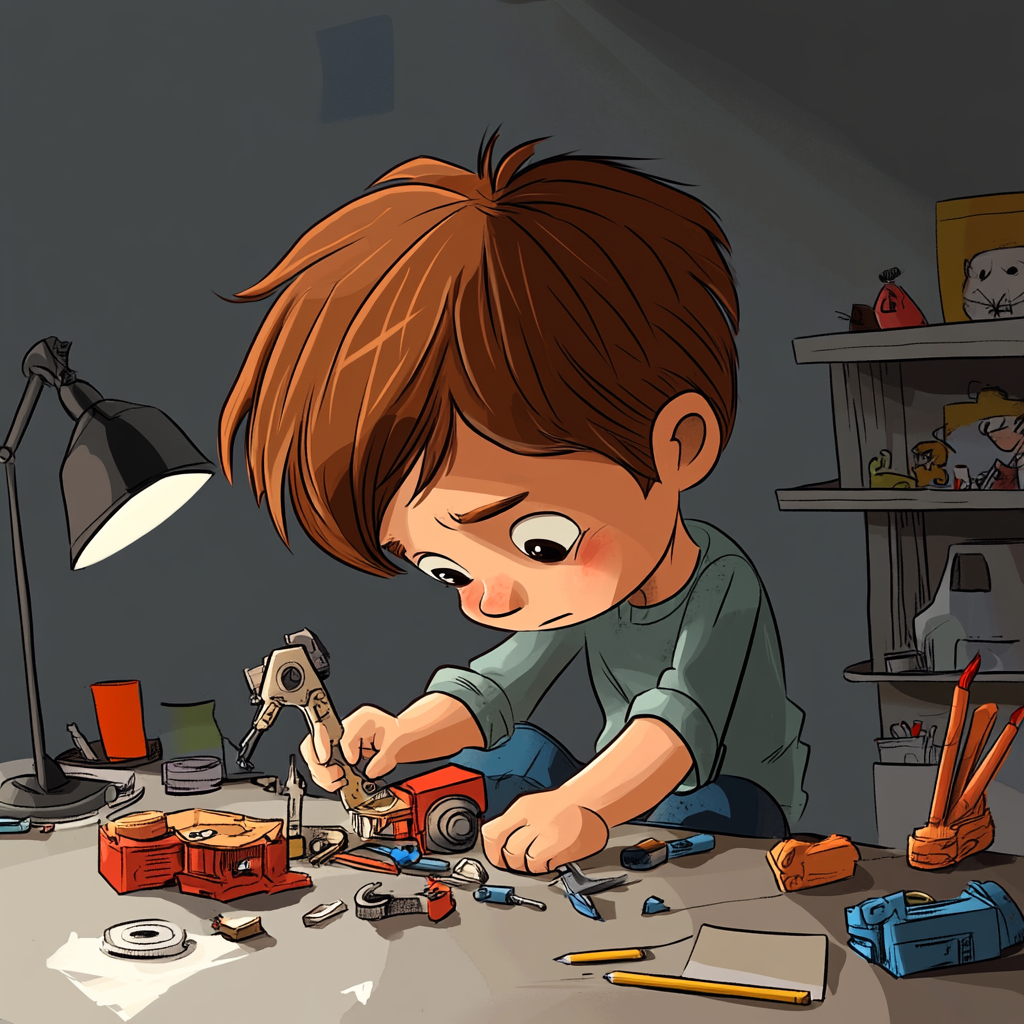Complaints and voiced stresses
I know life may be an absolute train wreck right now. You may have money problems, health problems, car problems, or court problems. If there is one thing that I learnt from my father, it is that growing up, I had no idea of the struggles that he went through. He never blamed anyone for situations he may have found himself in, and we never heard him blame our mother for anything that went wrong from their separation.
When we constantly express our stresses, concerns, and fears around our children, we can often ingrain in them our own fears of the world. For example, if we always complain that we may not have enough money, our child may grow up believing that there is not enough money to go around, combined with a scarcity mindset. If everything that goes wrong is blamed on the other parent, our child may blame the same parent for their current difficulties. How we treat and talk about the other parent is often mirrored by our children. Too often, I have had difficult conversations with my elder children about past events, what happened after separation, or why certain things occurred. If this happens, you do not have to defend yourself or correct the narrative if it is not true.
I know that it hurts to feel like your own children are attacking you. You can simply say that you will not be discussing the matter. Our children are not a sounding board to vent all our frustrations about the other parent. Our children are not therapists, and a continued behaviour of voicing all our concerns about our former partner or our life can often make a child feel responsible for trying to heal us emotionally and fix our problems. If we place our own unhealed wounds on our children, while they bury their own needs and desires to try and heal ours.
Often, a child who takes on our stresses and emotions become a sounding board. The relationship then becomes one based on the parent's needs rather than the child’s. The child, in a way, has created a relationship in which they obtain some form of connection with the parent if the parent is otherwise too engaged with their own problems to give adequate emotional support, love, and care for a developing child. Furthermore, a child may then repress seeking help from a parent in the future, as this may affect the connection created—in which the child saves the parent from possible emotional pain, which may affect the child/parent relationship. The child becomes hypervigilant to the parent's emotions and needs.
Children really are unconditionally loving, and we need to nurture this and take on the work for our own healing if we have unhealed wounds and difficult emotions. If you feel that you are having difficulties keeping your stresses in around your children, I would look for friends, family, or professionals with whom you can discuss these concerns and look at strategies to amend or remove any stresses. If you find that you are complaining about your former partner frequently, then this can show you that your focus needs to be redirected into healthier thinking patterns, tasks, and focus. If you are thinking about your former partner while with your children, then you may not focused on your children.
Parents who consistently voice their concerns and stresses can signal to a young child that the parent's needs must be met first in order to meet the needs of the child. Essentially, this changes the dynamics of the parent-child relationship in that the child takes on the role of a parent by helping the parent relieve their own stressors in an attempt to meet their own needs. The child then may learn that they must work to help or not create any more stress for their parent. A young child may start to become the protector and regulator of the parent's emotions in times of stress. The child may either act in a way to meet their own needs or suppress their own needs in an attempt to gain the love and affection that they so long for.
Just as a partner may shut off their emotions and needs to a rejecting partner. A child may no longer come to a parent who is otherwise preoccupied when things may go wrong. During times of stress it is paramount to keep consistency and stable connection to a child, and this means regulating our own internal reality while avoiding verbalising our frustrations in their presence.
I feel it would be hard-pressed to stick to the idea that children are resilient at such a young age. The more truthful statement would be that children form patterns of behaviour to remove or lessen their pain at an attempt to meet their own needs.
It is not the role of our children to put our life back together, it is our own.
